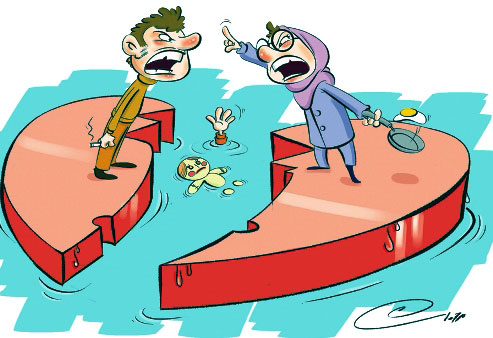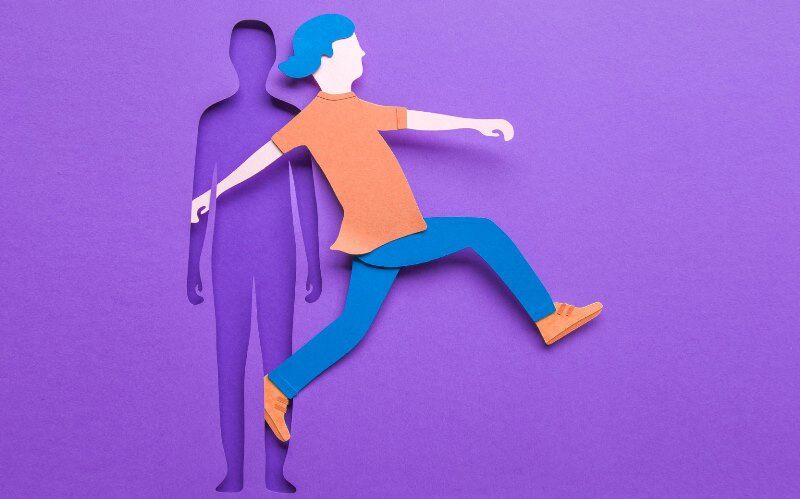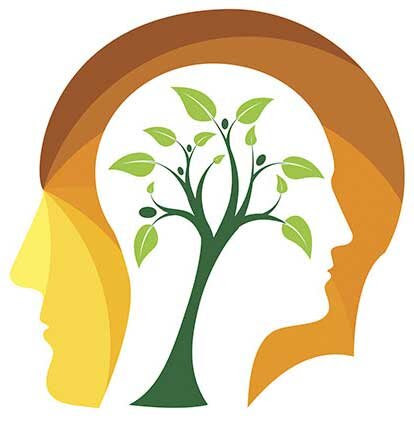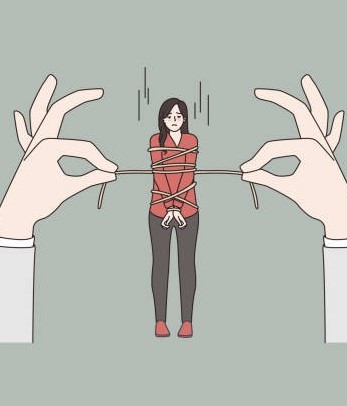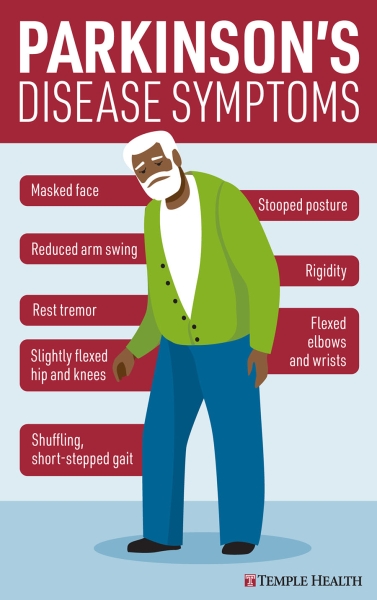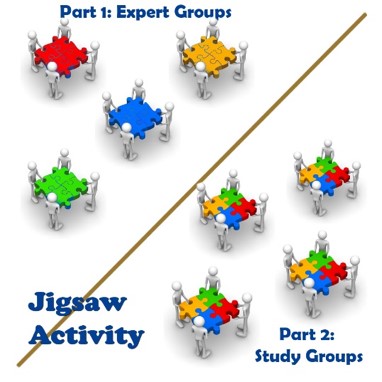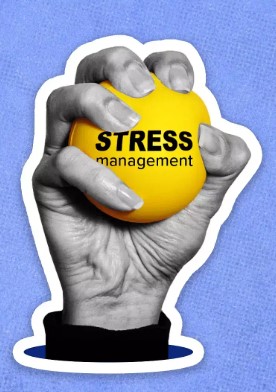آقابابائی، ناصر؛ تبیک، محمدتقی؛ حاتمی، جواد (1393). «رابطة صبر با رضایت از زندگی، سلامت روانی و شخصیت»، فصلنامه پژوهشهای کاربردی روانشناختی، دورة 5، شمارة 2، 17‑28.
ایلبیگی، رضا؛ الهی مجد، لیلا؛ قاسمپور، عبدالله (1397). «نقش سبکهای مقابلهای و تنظیم هیجان در پیشبینی رضایت از زندگی، فصلنامه روانشناسی، علوم اجتماعی و علوم تربیتی، دروة 2، شمارة 3، 1‑8.
زمانی شالکوهی، بهادر، و شیرازی، محمود (1399). پیش بینی خودکارآمدی اجتماعی و رضایت از زندگی در دانشآموزان از طریق دل بستگی به والدین و همسالان. مطالعات روانشناسی تربیتی, 17(38), 67-84.
عیسیزادگان، علی و دیگران (1395). «نقش تمایل به بخشش، قدردانی، امید و بهزیستی ذهنی در رضایت از زندگی، فصلنامه پژوهشهای نوین روانشناختی، شمارة 42، 95‑111.
کجباف، محمدباقر، ادیب نیا، فائزه، و وصال، مینا (1400). رابطه تنهایی با رضایت از زندگی در دانشآموزان دختر متوسطه اول: نقش میانجی عزت نفس و حمایت اجتماعی ادراک شده. دانش و پژوهش در روان شناسی کاربردی, 22(2 (پیاپی 84)), 125-135.
محمدی رمقانی، سودابه. (1393). رابطة ابعاد خودکارآمدی و رضایت از زندگی: نقش واسطهگری فرسودگی تحصیلی، پایاننامة کارشناسی ارشد، شیراز: دانشگاه شیراز.
موسوی، سیده فاطمه. (1396). بررسی علل و عوامل ایجاد رضایت از زندگی و اثر آن در قرآن و حدیث، پایاننامة کارشناسی ارشد، ایلام: مؤسسه آموزش عالی باختر.
نعامی، عبدالزهرا، و محمودی کیا، مریم. (1398). رابطه تعارض کار-خانواده با فشار روانشناختی و رضایت زندگی. مجله روانشناسی، 23(1 (پیاپی 89))، 99-111.
حجتی پور، زهرا. (1402). نقش واسطه ای تاب آوری در رابطه بین احساس تنهایی و رضایت از زندگی دانشجویان. پایاننامه کارشناسی ارشد روانشناسی تربیتی، دانشگاه الزهرا.
صدیق سروستانی، رحمت الله. (1390). آسیب شناسی اجتماعی (جامعه شناسی انحرافات اجتماعی). تهران: سمت.
Antaramian SP (2020). Life satisfaction. In Hupp S, & Jewell J (Eds.), The encyclopedia of child and adolescent development. John Wiley & Sons. 10.1002/9781119171492.wecad346
Bartram, D. (2021). Age and life satisfaction: Getting control variables under control. Sociology, 55(2), 421-437.
Diner E, Oishi S, Lucac, R. E. (2003). “Personality, culture, and subjective well– being: Emotional and cognitive evaluations of life”, Annual Review of Psychology, 54, 403-425.
Dymecka, J., Gerymski, R., & Machnik-Czerwik, A. (2022). How does stress affect life satisfaction during the COVID-19 pandemic? Moderated mediation analysis of sense of coherence and fear of coronavirus. Psychology, health & medicine, 27(1), 280-288.
Gori A, Topino E, Di Fabio A (2020) The protective role of life satisfaction, coping strategies and defense mechanisms on perceived stress due to COVID-19 emergency: A chained mediation model. PLoS ONE 15(11): e0242402. https://doi.org/10.1371/journal.pone.0242402
Hall, A. (2014). Life Satisfaction, Concept of. In: Michalos, A.C. (eds) Encyclopedia of Quality of Life and Well-Being Research. Springer, Dordrecht. https://doi.org/10.1007/978-94-007-0753-5_1649
Hutchinson, G., Simeon, D. T., Bain, B. C., Wyatt, G. E., Tucker, M. B., and LeFranc, E. (2004). Social and health determinants of well being and life satisfaction in Jamaica. Int. J. Soc. Psychiatry 50, 43–53. doi: 10.1177/0020764004040952
Li, J. B., Delvecchio, E., Lis, A., Nie, Y. G., and Di Riso, D. (2016). Positive coping as mediator between self-control and life satisfaction: evidence from two Chinese samples. Pers. Individ. Differ. 97, 130–133. doi: 10.1016/j.paid.2016.03.042
Liang, S., Dong, M., Zhao, H., Song, Y., and Yang, A. (2022). Mindfulness and life satisfaction: the moderating effect of self-control and the moderated moderating effect of resilience. Pers. Individ. Differ. 185:111241. doi: 10.1016/j.paid.2021.111241
Luque-Reca, O., García-Martínez, I., Pulido-Martos, M., Burguera, J. L., & Augusto-Landa, J. M. (2022). Teachers’ life satisfaction: A structural equation model analyzing the role of trait emotion regulation, intrinsic job satisfaction and affect. Teaching and Teacher Education, 113, 103668.
Milas, G., Martinović Klarić, I., Malnar, A., Saftić, V., Šupe-Domić, D., & Slavich, G. M. (2021). The impact of stress and coping strategies on life satisfaction in a national sample of adolescents: A structural equation modelling approach. Stress and health: journal of the International Society for the Investigation of Stress, 37(5), 1026–1034. https://doi.org/10.1002/smi.3050
Pavot, W., & Diener, E. (2008). The satisfaction with life scale and the emerging construct of life satisfaction. The Journal of Positive Psychology, 3(2), 137– 152.
San Martín, J., Perles, F., & Canto, J. M. (2010). “Life satisfaction and perception of happiness among university students”, The Spanish journal of psychology, 13(2), 617-628.
Shin, D. C., and Johnson, D. M. (2010). Avowed happiness as an overall assessment of the quality of life. Soc. Indic. Res. 5, 475–492. doi: 10.1007/BF00352944
Shpakou, A., Naumau, I. A., Krestyaninova, T. Y., Znatnova, A. V., Lollini, S. V., Surkov, S., & Kuzniatsou, A. (2022). Physical activity, life satisfaction, stress perception and coping strategies of university students in Belarus during the COVID-19 pandemic. International journal of environmental research and public health, 19(14), 8629.
Strine, T. W., Chapman, D. P., Balluz, L. S., Moriarty, D. G., and Mokdad, A. H. (2008). The associations between life satisfaction and health-related quality of life, chronic illness, and health behaviors among u.s. Community-dwelling adults. J. Comm. Health 33, 40–50. doi: 10.1007/s10900-007-9066-4
Suldo, S. M., Savage, J. A., & Mercer, S. H. (2014). Increasing middle school students' life satisfaction: Efficacy of a positive psychology group intervention. Journal of Happiness Studies, 15(1), 19– 42.
Szcześniak, M., Kroplewski, Z., & Szałachowski, R. (2020). The mediating effect of coping strategies on religious/spiritual struggles and life satisfaction. Religions, 11(4), 195.



